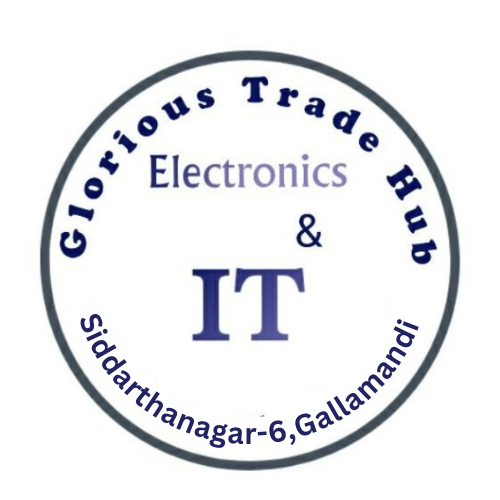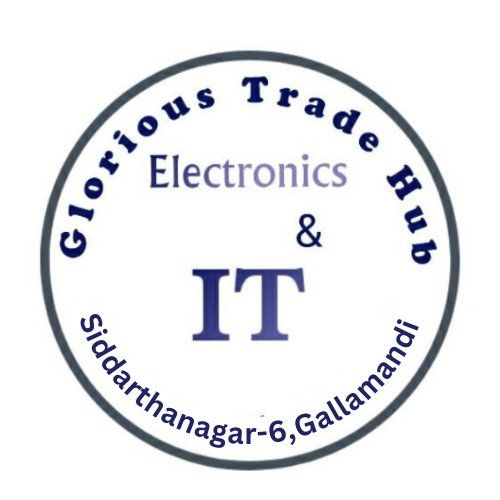Understanding the distribution of market share is crucial for identifying the dominant platforms and regional dynamics within this critical business-to-business technology sector. The global E Invoicing Market Share is a mature and competitive landscape, with different players holding strong positions based on their network size, compliance expertise, and ERP integration capabilities. This competitive environment is unfolding within a market that is consistently expanding, projected to grow to USD 24.35 billion by 2034, supported by a healthy 6.33% CAGR. The ongoing contest for market share is a key indicator of which regions and which business models are leading the charge in the global digitalization of commerce.
Geographically, Europe and Latin America currently hold the largest share of the e-invoicing market. This dominance is not a result of voluntary adoption but is a direct consequence of widespread government mandates. Countries in Latin America, such as Brazil, Mexico, and Chile, were the global pioneers in mandating e-invoicing for tax compliance purposes. More recently, a wave of similar mandates across the European Union, driven by the ViDA (VAT in the Digital Age) initiative, has made Europe another massive market. These regions have a high density of specialized service providers who have deep expertise in navigating the complex local regulations, giving them a strong regional market share.
When analyzed by the type of provider, the market share is divided between large, end-to-end "procure-to-pay" (P2P) platform providers and specialized, best-of-breed compliance experts. The P2P platforms, like SAP Ariba and Coupa, hold a significant share of the market, particularly among large multinational corporations. They position e-invoicing as just one component of a broader suite of tools for managing corporate spending. The specialized providers, such as Sovos and Pagero, on the other hand, have captured a significant share by focusing exclusively on the complexities of global e-invoicing and tax compliance, offering a "single connection" to a vast network of different country-specific government platforms and business networks.
From the perspective of the business network model, the market share is heavily influenced by the "network effect." The Peppol network, an open, interoperable standard that is widely used in Europe and is gaining traction globally, represents a significant and growing share of the market. Service providers who are certified "Peppol Access Points" can connect their clients to any other business on the network, creating a powerful, open ecosystem. This contrasts with the more proprietary or "closed" networks operated by some of the large platform vendors. The ongoing tension between these open and closed network models is a key dynamic that will continue to shape the distribution of market share.
Explore Our Latest Trending Reports:
South America Private Cloud Services Market



